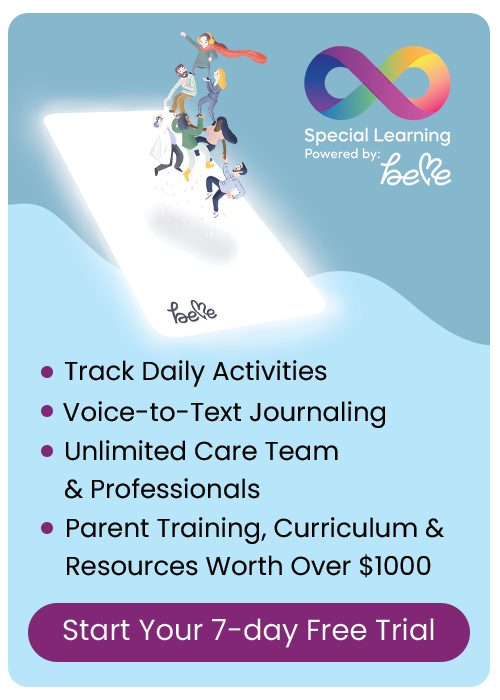Blog Categories
- ADHD
- Applied Behavior Analysis
- Autism Awareness
- Autism Service Providers
- Case Studies
- Dignosis
- Classroom Management
- Credentials
- Ethics
- Family Matters
- FAQs About LIVE Events
- Financial Planning
- Holiday Planning
- IEP's
- Panelists
- Private Equity in Autism & ABA Industry
- Psychopharmacology
- Sensory Processing Disorder
- Speech and Communication
- Subject Matter Experts
- Summer Planning
- Transition Planning
Teaching Your Teen to Grocery Shop
Her responsibilities include designing research studies, protocols and evaluation tools, data collection and analysis and writing and editing grants and reports. Cindy is a member of the National Psychology Honor Society and a licensed social worker. She holds an MSW in Social Work Administration from Ohio State University, a BS in Psychology from Wright State University and is currently pursuing a PhD in Forensic Psychology from Walden University.
Teaching Your Teen to Grocery Shop
When teaching life skills to your teen with autism, intellectual, or developmental disabilities, a good place to start is grocery shopping. Grocery shopping is a good choice because food is reinforcing to most of us! Plus, there are many different skills involved in shopping at the grocery store.
Some of the skills you can work on are:
• Making a list (deciding what to put on the list and crossing it off when you get the items)
• Finding items in a store
• Looking at nutritional information on food
• Looking for sales and using coupons
• Navigating a shopping cart
• Waiting in line
• Store etiquette
• Money handling
Any or all of these can be worked on depending on the skill level of your teen. Some modifications you can use for teens who are more cognitively challenged are:
• Making a list- use Velcro backed pictures of common foods the teen eats and have him or her match the picture to where the food is kept in the home. If the food needs to be on the grocery list to be bought, the teen can Velcro the picture to a laminated grocery list with a Velcro strip.
• Use a visual schedule for the steps during the grocery trip.
• Reminder cards for waiting (how to wait patiently in line showing either pictures or simple sentences)
• Social stories about finding items in a store, about store etiquette, and about some of the people in a grocery store (cashier, bagger, etc.)
Practice these skills with your teen often and as many times as possible. When you go shopping, let your teen push the cart. Let you teen be in charge of the shopping list and marking off items as they are found. Help your teen handle the money at the end of the trip or scan the bank card. Start with showing him or her how and then fade back to letting him or her be as independent as appropriate. And, at the end, let your teen purchase something yummy for doing a great job of course!
For more tips on transition planning, please check out our Transition Survival webcast series: https://special-learning.com/store/product/340.




